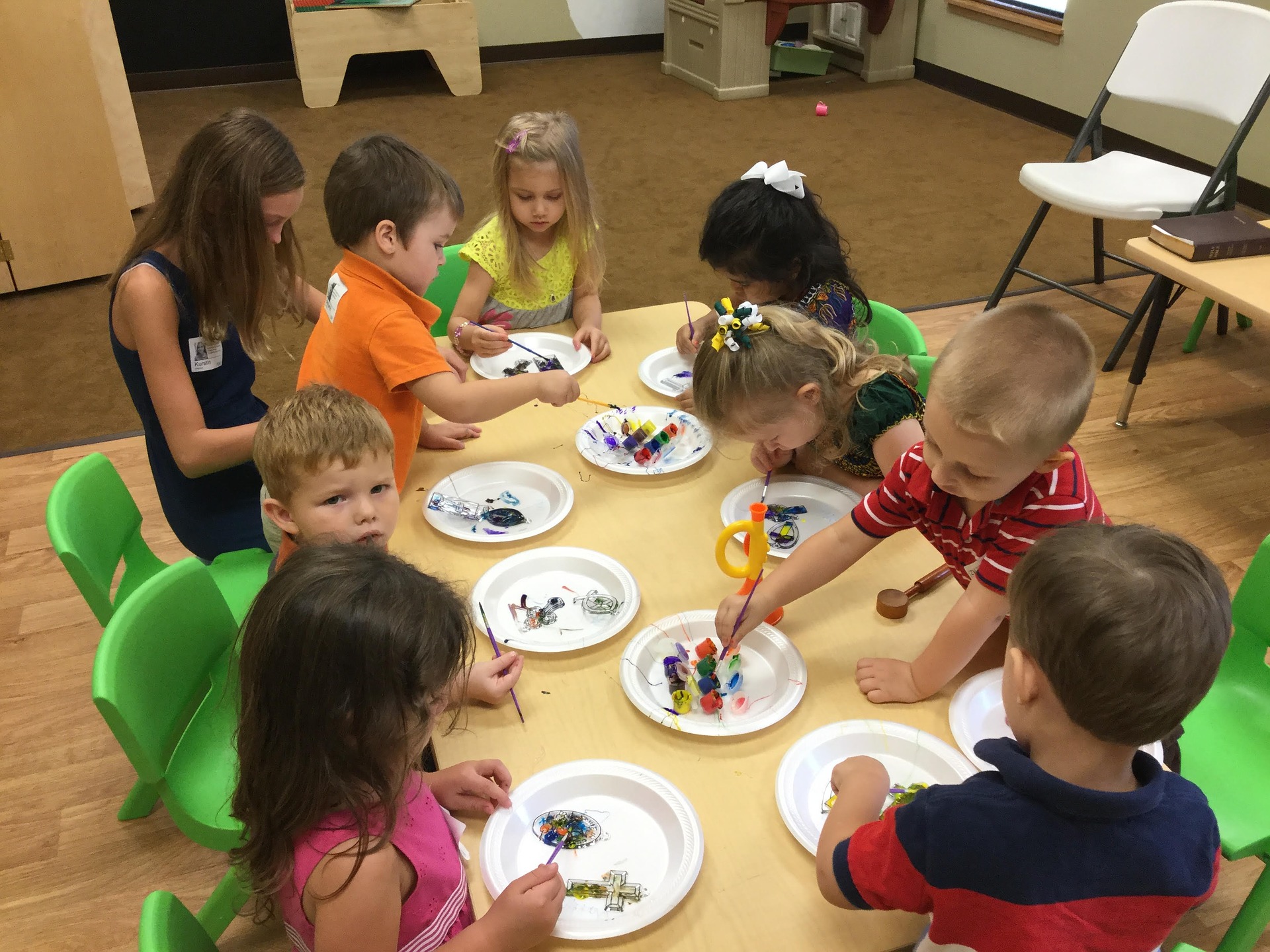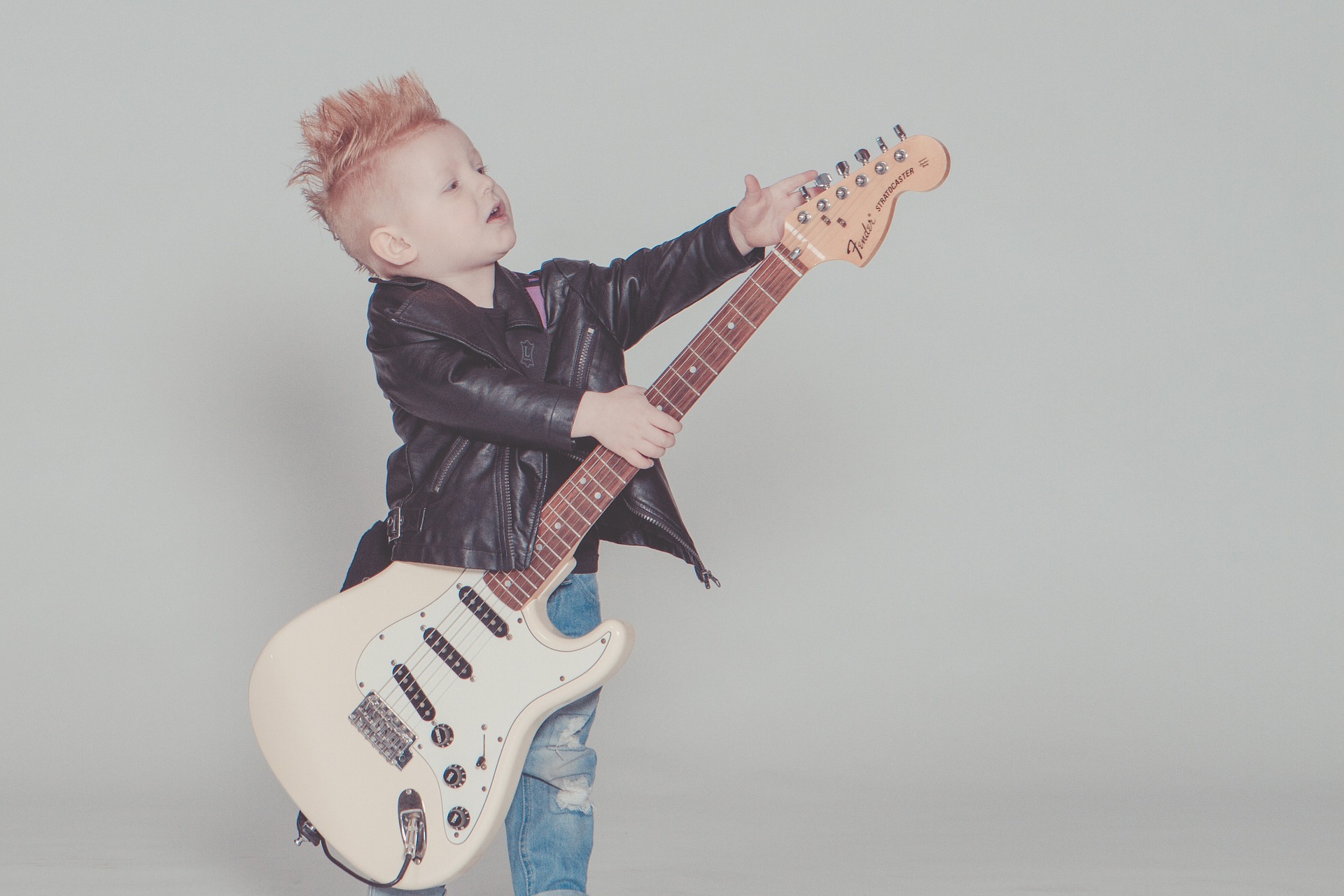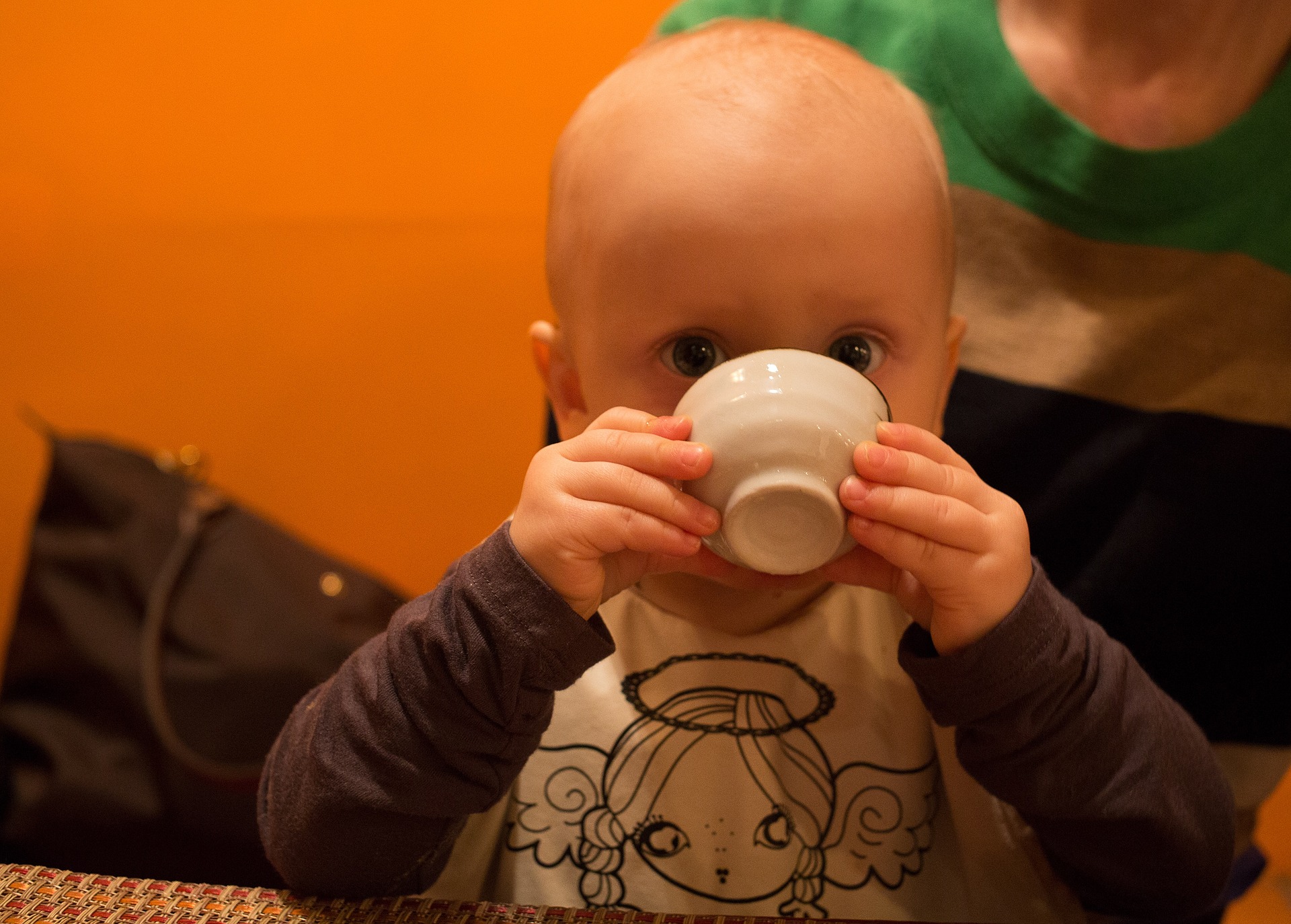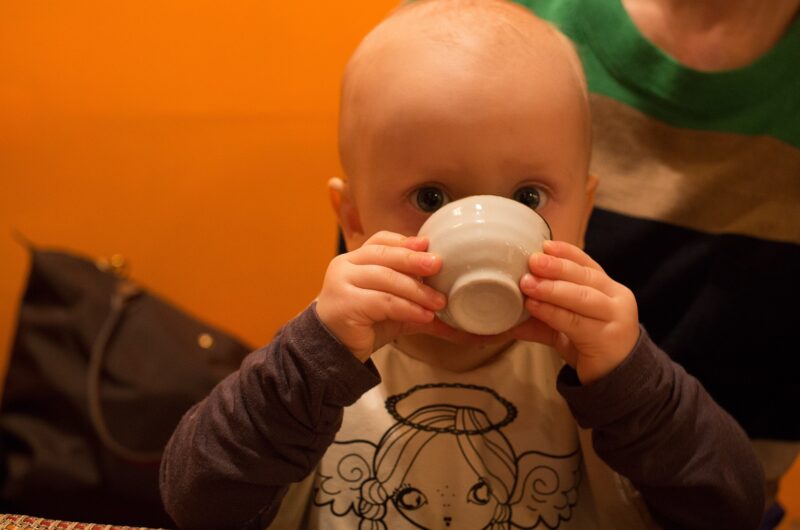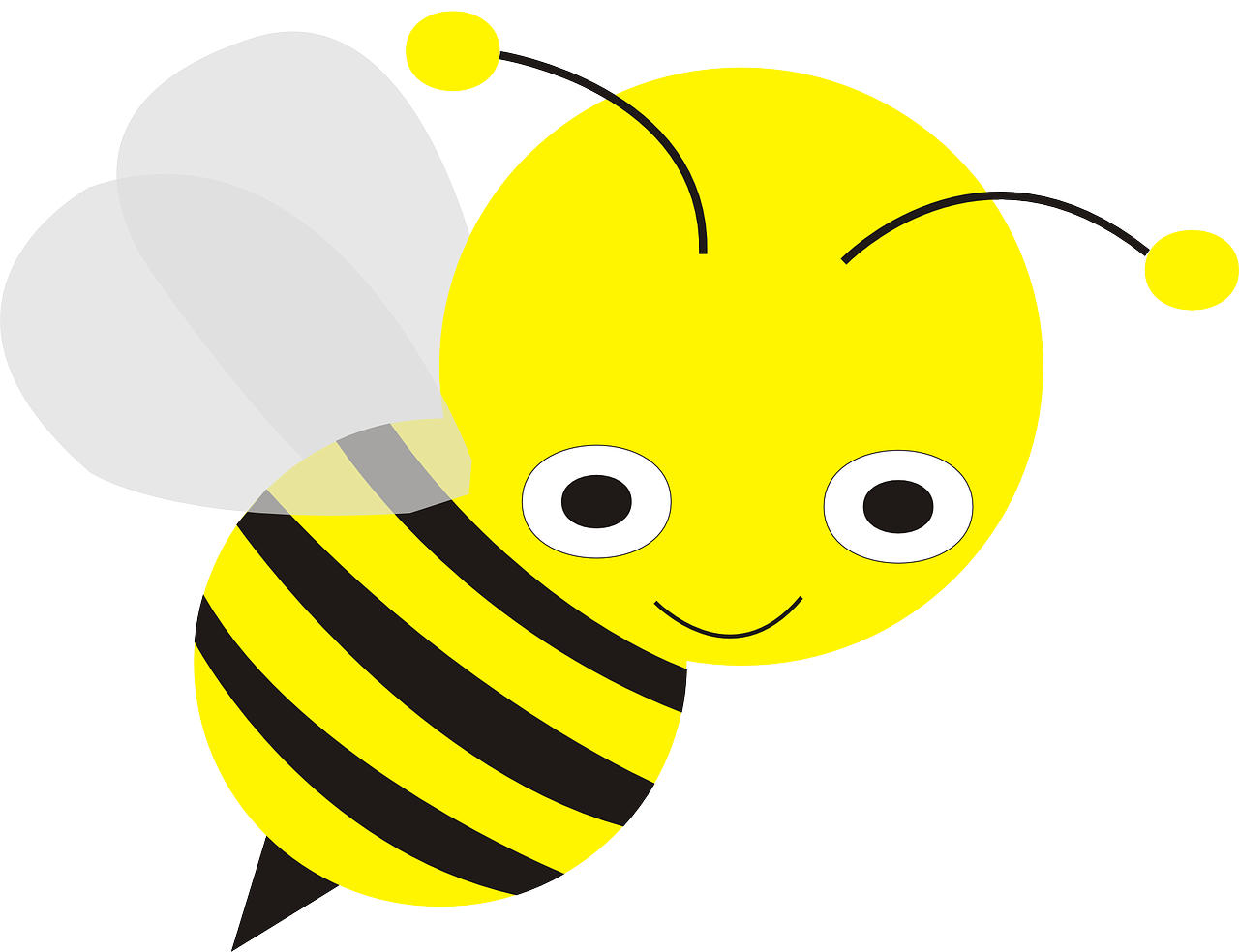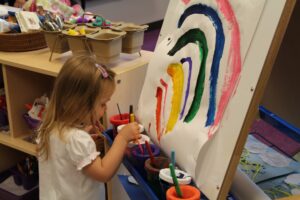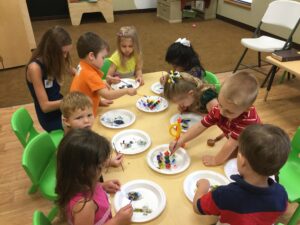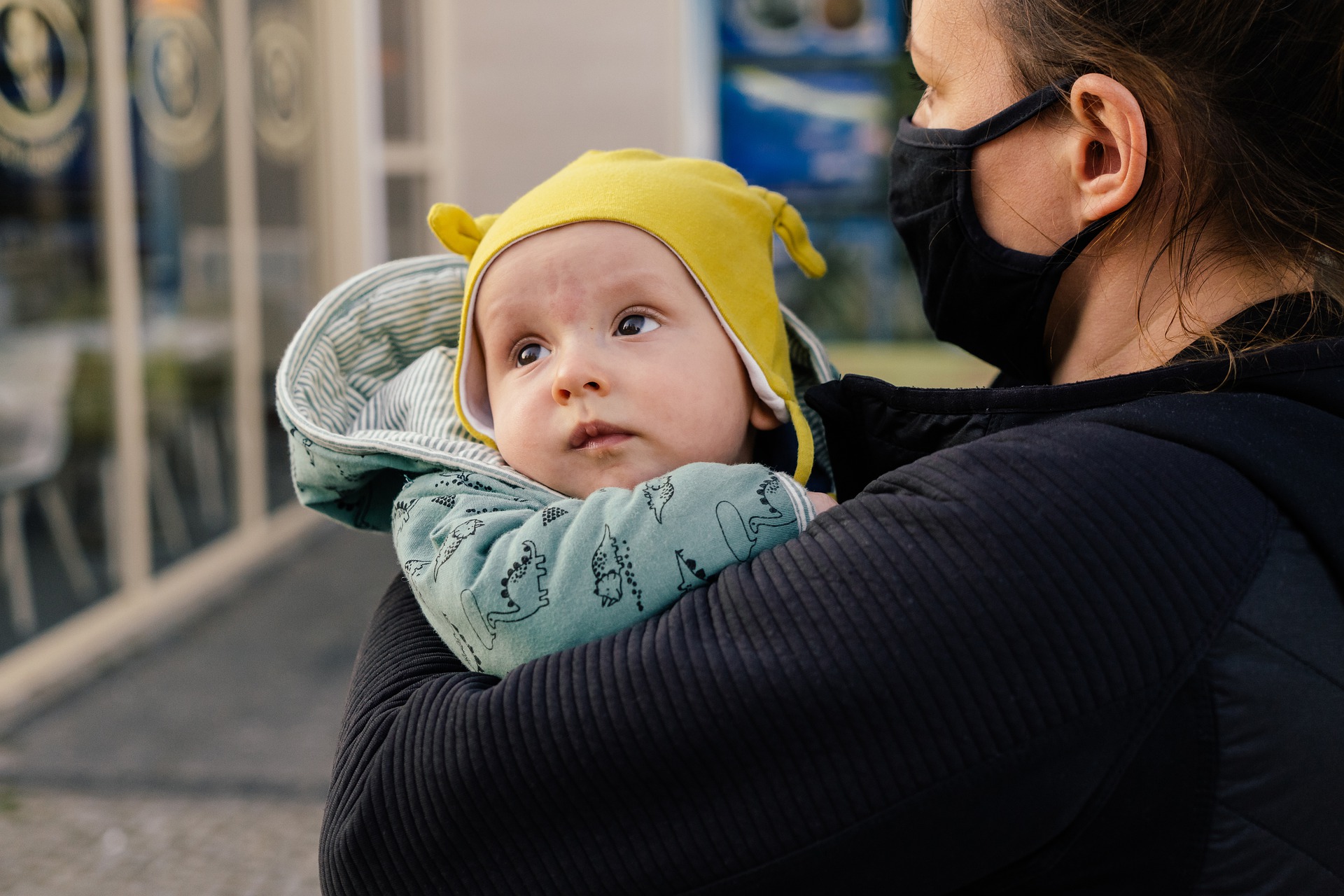
Finding a childcare center for your son or daughter is one of the biggest decisions you’ll make as a parent. Most importantly, you want your child to feel safe and secure in a stimulating environment that allows him or her to grow and learn.
It is easy to get information about a daycare’s curriculum and credentials online. But a visit to experience it firsthand is the only way to really know if it’s a good fit for you and your child.
Whether you are seeking care for your infant, toddler, or preschooler, the first step is to find a reputable and qualified childcare center.
Prepare some questions to ask yourself during the visit. That way, it will be easier to remember what is important to you as the childcare provider walks you through the facility. Here is a checklist of 12 questions to help you assess if a childcare center is the right place for your son or daughter.
12 questions to ask when visiting a childcare facility
- What is the initial smell when you enter the building?
- Does the environment feel cheerful and welcoming?
- Are there any environmental health or safety concerns?
- What sounds do you hear as you walk through the facility?
- Do staff members interact with children in a warm, positive manner?
- Does the center director engage with staff?
- How do staff members interact with you during your visit?
- Do the children in the classrooms appear to be stimulated and engaged?
- Can you envision your child in the classroom interacting with teachers and playing with peers?
- Can you picture walking into that building every morning and every evening with a strong sense of safety and confidence?
- Ask about procedures to protect the children from COVID (children under age 3 should not wear masks)
- Ask about how they are protecting the teachers from COVID?
Trust Your Instincts
Of course, you’ll have questions that you want to ask the center director, but if you are able to respond positively to the questions above, you may have found childcare that meets your child’s needs. Alternatively, if one of your answers brings up a sense of concern or worry, you may need to ask additional questions, conduct further research, and look at other childcare options. Trust your instincts. The right childcare provider will make this transition to childcare much easier you and your child.
Ultimately, the childcare provider you choose should make you and your child feel safe. Once safety is established, you can find a facility that provides the education for your child to have the best possible start during these critical learning years.
